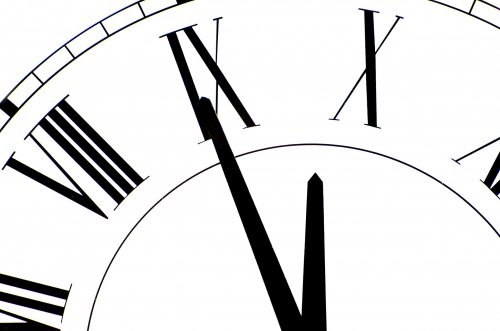Time Waits for No-one
Early Rising
The difference between rising every morning at six and eight, in the course of forty years, amounts to 29,200 hours, or three years one hundred and twenty-one days and sixteen hours, which are equal to eight hours a day for exactly ten years.
So that rising at six will be the same as if ten years of life (a weighty consideration) were added, wherein we may command eight hours every day for the cultivation of our minds and the despatch of business.
Altering the Clocks – Spring Forward, Fall Back
An American politician and inventor called Benjamin Franklin first came up with the idea while in Paris in 1784. He suggested that if people got up earlier, when it was lighter, then it would save on candles.
This idea arrived in the UK when, a builder called William Willett, thought it was a good idea too. In 1907, he published a leaflet called The Waste of Daylight, encouraging people to get out of bed earlier. Willett spent his life trying to convince people that it was a good idea, but it was only introduced in the UK in 1916 – a year after he died.
In the UK the idea of moving the clocks forwards and backwards was discussed by the government in 1908, but many people didn’t like it so it wasn’t made a law.
September 1916
Exit Summer Time – We have now had four month’s experience of the new system of chronology, known as Summer Time, and before we put back our clocks an hour on Saturday night, we may pause to reflect what has been the result of the experiment. To a few people it seemed almost sacrilege to tamper with the established order, but the difficulties have been shown to be more sentimental than real.
Source: IW Observer & Wikipedia
Image: publicdomain.net
Article: Ann Barrett

